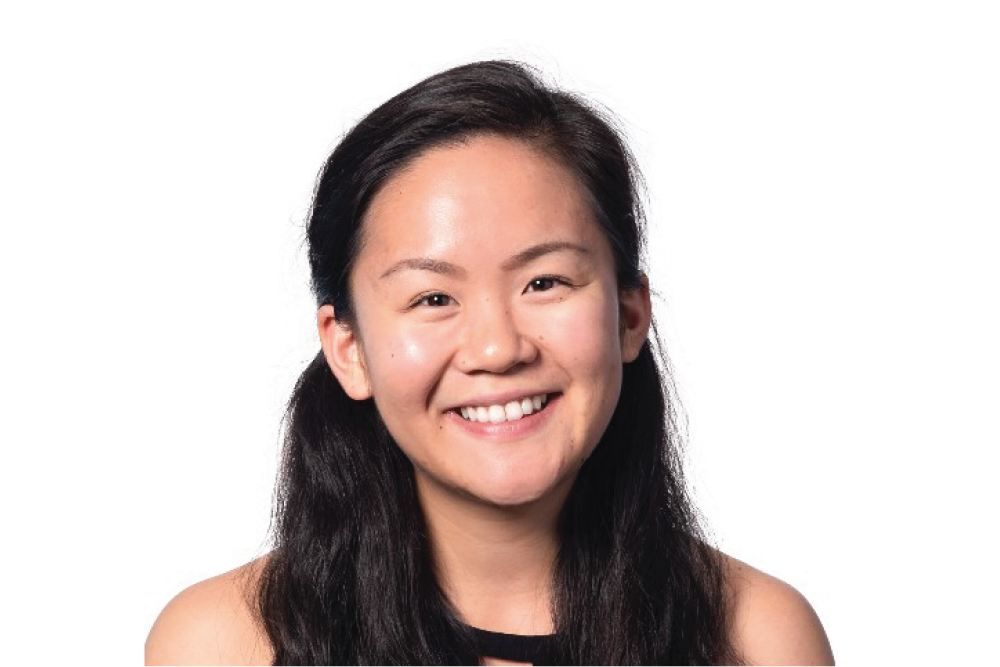Brittney Lu

Biography
Originally from Bakersfield, California, Brittney is now a third-year graduate student pursuing a joint degree in public health and urban planning at UCLA. Across all of her work, she is motivated to find community-led solutions to promoting health equity through spatial design.
For her capstone project, Brittney will examine the relationship between tree coverage, climate resilience policy and existing infrastructure. Further, she’ll draw comparisons across various urban canopy policies to guide a series of final recommendations for the Office of Supervisor Holly J. Mitchell.
Brittney completed her undergraduate degree at UC San Diego. Outside of school, she is a community organizer who lives and works to advance campaigns that end urban neighborhood oil drilling in the West Adams neighborhood of South Los Angeles.
Project Overview
The unincorporated communities of South Los Angeles have disproportionately less tree canopy coverage and ultimately less shade options when compared to L.A. County more broadly. As a response, street tree preservation is perceived as a direct strategy to increase shade equity, but existing infrastructure needs and challenges around long-term maintenance must be considered simultaneously.
My client project will partner with the Office of Supervisor Holly J. Mitchell, under the supervision of Laura Muraida, Senior Deputy for Environmental Justice, to better understand best-practice design standards for sustainably maintaining the number of trees in communities most impacted by climate change, with the ultimate goal of creating a set of recommendations for unincorporated South L.A. communities.
Why is this topic, specifically, important to you?
Upon discovering this research opportunity, I found myself excited about the project and initiatives coming out of Supervisor Mitchell’s office. Specifically, I wanted to learn more about how to bridge environmental justice-based research and policy. I find the topic of advancing shade equity and tree canopy coverage so important because I believe that all communities should have access to climate-resilient environments that enhance their whole health and well-being. This is especially true for neighborhoods that are disproportionately burdened by the impacts of climate change and environmental disamenities.
Who are the partners involved in this project and how will you be working with them?
A few of the partners I have been working with include the LA County Office of Sustainability, the LA County Board of Public Works, and the LA County Department of Public Health. Each of these departments oversee some aspect of the larger LA County tree policy, which will ultimately have impacts on unincorporated communities as well. So far, my work with these partners has involved building contextual knowledge about how tree policy works in LA County and understanding how different stakeholders are approaching the upcoming Urban Forestry Management Plan.
How do you hope that this project will impact the field moving forward?
I hope that this project will influence the work of Supervisor Holly J. Mitchell’s office and have tangible applications for the unincorporated South LA communities that are unevenly burdened with less tree canopy and shade. More broadly, I also hope that this project will contribute to the existing planning and environmental justice discourse around tree canopy, with research-based findings on both its potential benefits and disservices.
Fellow at a Glance
FELLOWSHIP YEAR
ACADEMIC BACKGROUND
PROJECT TITLE
